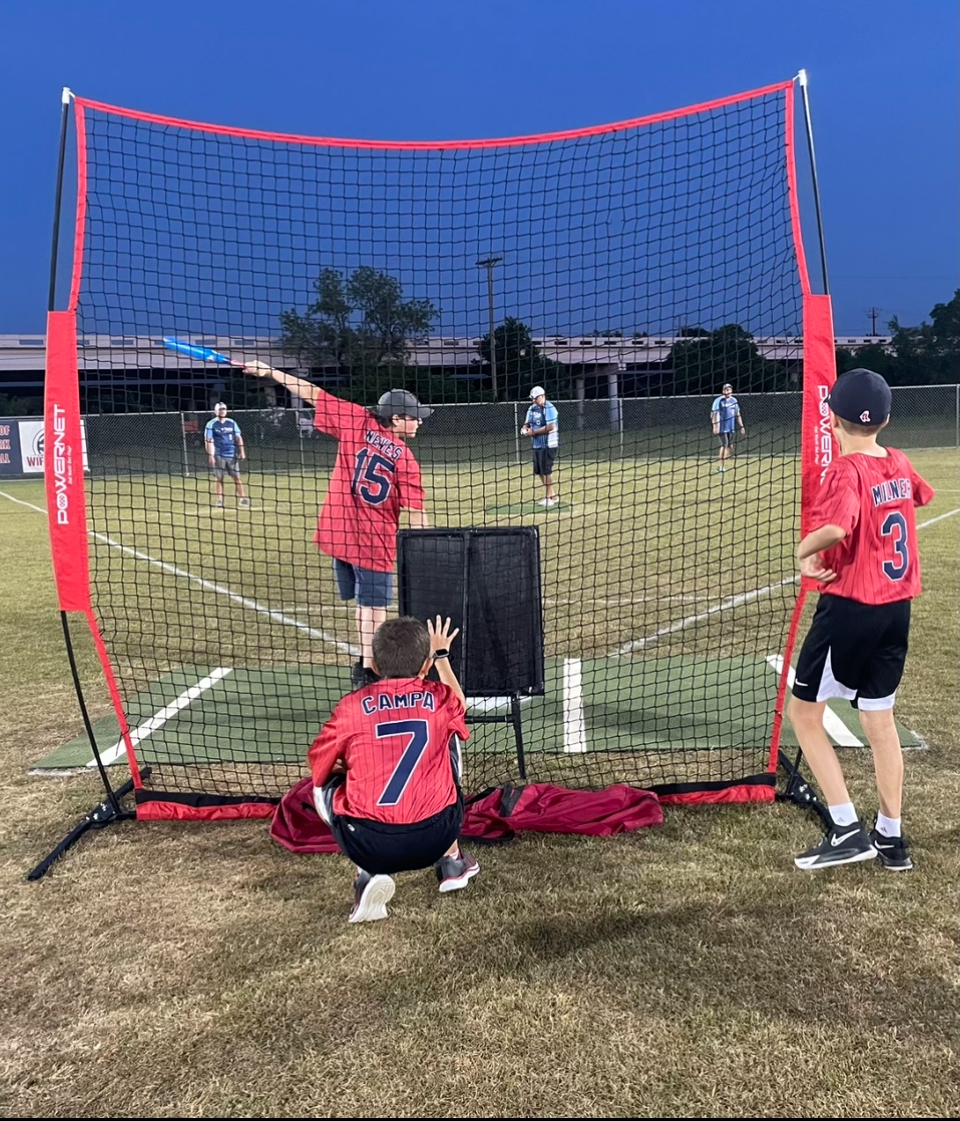From Revolutionary Iran to Modern America
In early 2018 America, when political tensions ran high, Nasrin Behshab felt reassured at the democracy of the people and the true expression that was part of the nation’s greatness. She was aware that not every nation was filled with this crucial societal force. When she lived in Revolutionary Iran, almost 40 years ago she was severely oppressed and had to live under the strict confines of an authoritarian government. That even in today’s modern era, many were oppressed, they had to shield their true beliefs from the watching eye of their country’s government.
Nasrin Behshab was quite a force to be reckoned with. She had lived in a time of true darkness when she was forced into jail brutally after expressing her civic liberties out in the street. She wanted her granddaughter to hear her story, for her to see just how lucky she was to have freedom of speech and democracy. She wanted her to know that not everybody had these freedoms. Including the twenty-nine -year-old her.
Societal binds. Oppression. Revolution. It’s the cusp of the 1980’s in Iran. The air is thick with the sound of footsteps pattering upon the cobbled streets. A blinding flash. A man in the National Guard’s uniform drags a lady in a flowered apron outside of her house. Two children and a young man look pale, their eyes looking out to the lady. The young man follows his wife as the National Guardsman takes her away. The children are tear stricken. A daughter and a son. The daughter holds her brother’s hand as they go inside.
Nasrin began to talk about her experience, her wound reopening , the words flooding out in a cascaded stream.
“In Iran during and before the Revolution we could not express ourselves politically and we we are not treated equally like the men,” Behshab said. “There was definitely a fine line between men’s rights and women’s rights. Equality was not a common thing, in Iran it still isn’t.” Nasrin said.
She recalled her saga, the norm in her young life. Nasrin looked outside the window, her eyes drifting to a blossoming flower. Iran during the Revolution was illusive and bleak. She had had to survive, to thrive under this regime. As Nasrin glared outside the misty window, her eyes reflecting the weather outside. She pressed on, her voice far from trembling.
“Even modern countries lack this aspect. Before the Revolution, during the Revolution, women tried to fight for equality by using different methods, like complicated underground networks. Their were some very intellectual women who were activists during this time who were extremely clever and they were fighting for men and women’s civil liberties. Before the war, people followed several different religions, women protested in the streets freely but when the fighting broke out, the regime constricted the rights of the people. Every day during and after the war, both the rights of men and women begin to dwindle.” She paused. She exhaled. “The totalitarian government only strengthened.”
As she recalled these memories, Nasrin was struck with a sad nostalgia. She wanted her to share her story , to see just how lucky people were to have freedom of speech and democracy. She wanted people to know what people so blindly took for granted.
“When the Revolution ended, people believed they were finally free and that they could express their thoughts , so they printed newspapers, made flyers and they distributed them out for the public. When the new leader arrived, he was against the rights of the people, so he put a stop to this societal growth. Communications were made in secret by way of meeting in team houses, underground networks and they continued printing newspapers and distributing them quietly and discreetly. People were informed of the impending government this way.” Nasrin said, her fingers knotted in each other.
“When the new government leader heard of this happening underneath his nose, he didn’t want the public to revolt so, his lackeys punished those who spoke out against him and the government. His men would punish, torture and lead them so close to death until they gave all the information about the underground, the members of the groups, the locations of the team homes, and the conspiring against him and the regime. He would jail these people and would stop at nothing to torture them about information. In anyway they could the government would try to take control of their lives and stop them from receiving their liberties.” Nasrin said and she shuddered, as if it was all too terrible to relive.
“When we found out about the spreading of the oppressive regime , we formed a group of activists who were against violence and war. We showed as an example and we hoped others would follow in our footsteps and begin to protest peacefully for civic rights.” She said.
“One group member’s wife spilled our secrets to the government, as she wanted to help ease the burden off her husband who was jailed and captured sometime earlier. She wasn’t against us or our message. She was trying to protect her husband. She was forced to tell them everything she knew. They came and took as all to jail. To restrict us from defending ourselves, none of us could have a lawyer to defend our cases.” She said as she shook her head rapidly.
“I remember, the night of my arrest vividly. I knew that they were coming after me. I didn’t run. At around eight o’clock during when my family and I were eating dinner, a rapt knock thundered at the door.”
A clatter of silverware. A gruff voice called out.The kids remained still, petrified in their seats. The door clanged open, and a flock of officers flooded in.Tall men in dark uniforms proused the premise. They searched for anything they could condemn. But at that point they didn’t need a reason to jail her. She had gone against the totalitarian government. She had stood up for her rights. That was more than enough.
“ I hid the books that we owned, the ones that were informative about the government. We stashed them hours earlier, when I had received a note that I was to be taken away that night. Once they had searched through my stuff, they took me in for questioning. My daughter later told me that through the bookshelf lay a book that if it was found, I would have been in more danger than I already had mustered.” Nasrin said, her eyes flickering with a light.
“My husband refused to let me go alone not knowing where they were taking me so the kids stayed with my mother who lived with us. I was taken, huddled in a cold cell with other members of my group. I was jailed for a year. I couldn’t leave the country after I was let go for a long time. I was jailed even after I was released from prison. ” Nasrin said concluding , her story wrapping to a close.
This was only one woman’s story. Today and in many years past, freedom of the people is abused and swept under the threaded rug of history. This is an impact on women, children and men everywhere. Democracy, true liberty is taken for granted. Though the issues begin to falter, they still resonate within communities. Though things may at times seem dark, there is always a flicker of hope ready to burn.

Keana is a funny and sweet 8th grader. She absolutely adores Hamilton and has memorized every lines. She loves sushi and ramen soup and devours British...
































